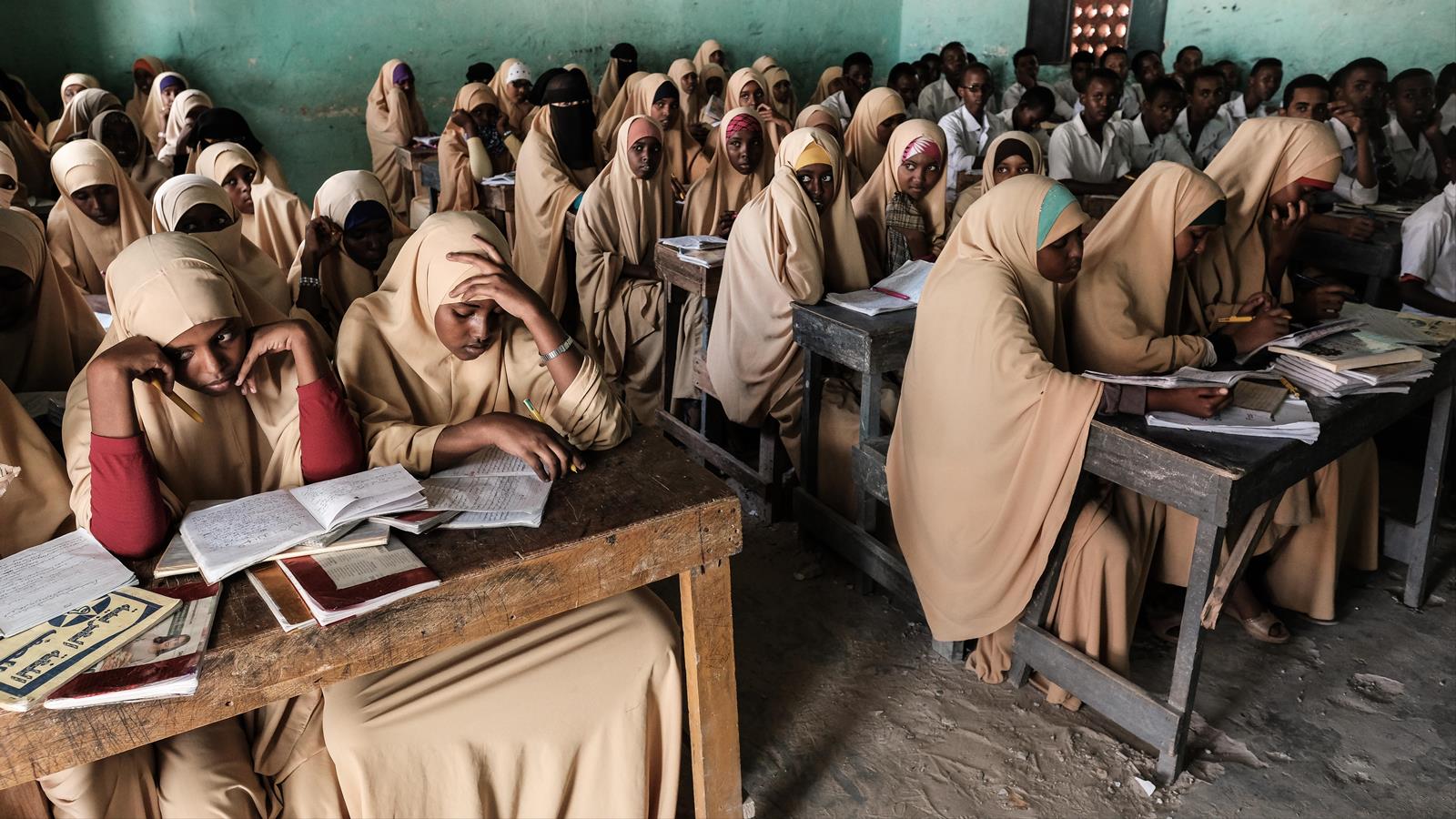In a village in her home region of Jubaland, Somalia, Sagal Bihi waited nervously to address the traditional male leaders of her clan in a town hall to promote her candidacy for member of Parliament in last year’s elections. Traditional male elders of her clan had left their homes to come and listen to her, and Bihi recognized that she’d already overcome the biggest obstacle to her candidacy.
“The elders carry the weight and are the ones whose presence is a message in itself,” the 35-year-old says. “I know most of my [female] colleagues did not even dare to call for a town hall meeting. They couldn’t do it because they knew that people would tell them, ‘Go home. You have no place here.’”
Years of conflict in Somalia have led to rising extremism, and the position of women in the nation is increasingly tenuous. With the absence of a strong central government, Somalia relies on leadership from traditional male elders representing the various clans. Experts say the clan system inherently discourages women’s empowerment and keeps them oppressed. “Clans cannot exist without subordination of female interests to the patrilineal interests,” says Texas A&M University professor Valerie Hudson, an expert in women’s peace and security. They are poor communities that are “totally unstable, completely corrupt, [with] no sense of meritocracy at all. This is a terrible form of government for human beings.”
Hudson and other experts argue that the exclusion of women from peacemaking and nation-building leads to instability and violence, like in Yemen and Iraq. In 2000, the U.N. Security Council adopted Resolution 1325, calling for women’s full participation in the prevention and resolution of conflicts, peace negotiations, peacebuilding, peacekeeping, humanitarian response and in post-conflict reconstruction. Women would place a higher emphasis on social welfare, says Sanam Anderlini, founder of the International Civil Society Action Network (ICAN), an organization dedicated to promoting women’s rights, peace and human security in countries affected by conflict, and would address the marginalization pushing young people to join extremist groups like al-Shabab and the Islamic State.
Unless Somalia commits to choosing a state system over a clan system and promoting women to meaningful positions where they can shape policy and promote legislation securing the protection and advancement of women and girls, the multinational efforts to build Somalia into a stable nation are sure to fail.
Read the full article here.



